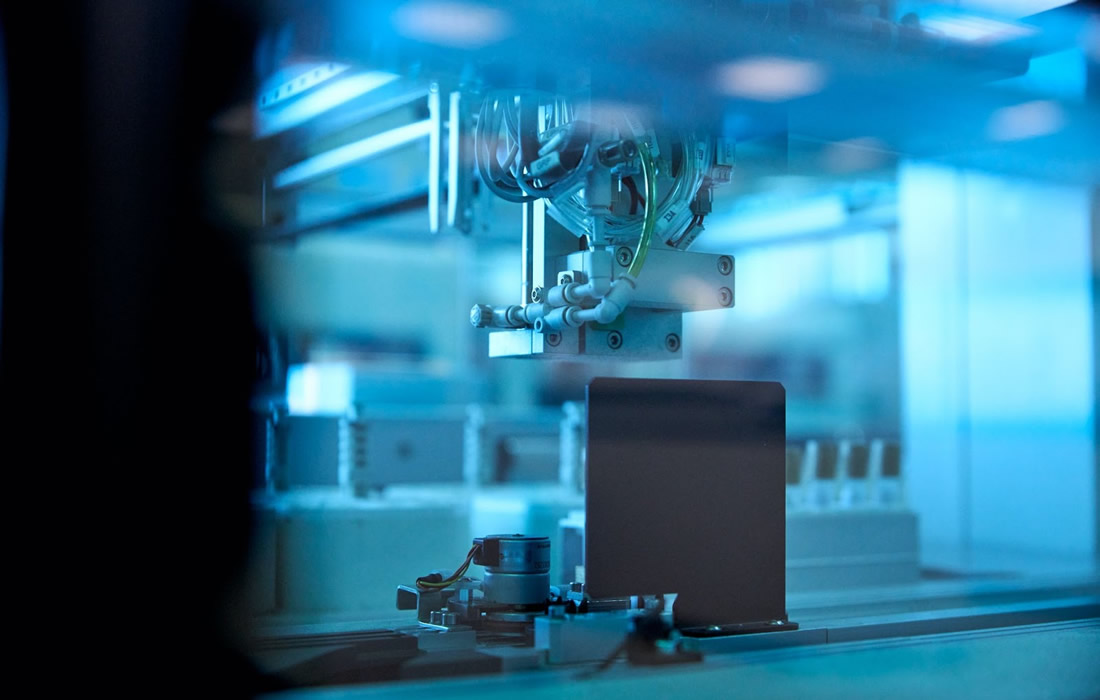Regenerative Medicine News and General Information
Monitoring T Cells May Allow Prevention of Type 1 Diabetes
Type 1 diabetes occurs when the immune system destroys the insulin-producing “islet cells” of the pancreas. The autoimmune process that underlies type 1 diabetes can occur over years, with multiple starts and stops. Exactly how the process begins is not well understood. When it occurs, it usually does so in childhood or early adulthood, and requires lifelong insulin replacement.
In this study, the researchers isolated T cells (a type of immune cell) from mouse and human blood samples. By analyzing the T cells that can cause type 1 diabetes, they were able to distinguish the at-risk patients who had active autoimmunity from those who had no significant autoimmunity with 100% accuracy in a small sample.
“These findings represent a big step forward because they offer the possibility of catching this autoimmune process while there is still time to prevent or greatly delay diabetes,” says study senior author Luc Teyton, MD, PhD.
In 2022, the U.S. Food & Drug Administration approved an immune-suppressing therapy that can protect islet cells and at least delay diabetes onset by months to years if given in the early stages of autoimmunity. However, doctors have not had a good method for identifying people who could benefit from such treatment.
“Anti-islet antibody levels are poorly predictive at the individual level, and type 1 diabetes is fundamentally a T cell-driven disease,” Teyton says.
In the study, Teyton and his team constructed protein complexes to mimic the mix of immune proteins and insulin fragments that specialized T cells called CD4 T cells normally would recognize to initiate the autoimmune reaction. They used these constructs as bait to capture anti-insulin CD4 T cells in blood samples. They then analyzed the gene activity within the captured T cells, and expression of proteins on the cells, to gauge their state of activation.
In this way, they were able to develop a classification algorithm that correctly identified which at-risk patients, in a set of nine, had ongoing anti-islet autoimmunity.
“If we can develop this into a useful method for identifying at-risk patients and tracking their autoimmunity status, we not only would have a way of getting the right people into treatment, but also would be able to monitor their disease progress and evaluate potential new preventive therapies,” Teyton says.
Sources:
Siddhartha Sharma, Xuqian Tan, Josh Boyer, Don Clarke, Anne Costanzo, Brian Abe, Lisa Kain, Marie Holt, Adrienne Armstrong, Marynette Rihanek, Andrew Su, Cate Speake, Peter Gottlieb, Michael Gottschalk, Jeremy Pettus, Luc Teyton. Measuring anti-islet autoimmunity in mouse and human by profiling peripheral blood antigen-specific CD4 T cells. Science Translational Medicine, 2023; 15 (703) DOI: 10.1126/scitranslmed.ade3614
Scripps Research Institute. “Monitoring T cells may allow prevention of type 1 diabetes: Analyzing T cells in blood samples could be used to select at-risk patients for type 1 diabetes preventive therapy.” ScienceDaily. ScienceDaily, 19 July 2023. <www.sciencedaily.com/releases/2023/07/230719221537.htm>.
Images from:
Photo by Testalize.me
https://unsplash.com/photos/9xHsWmh3m_4

